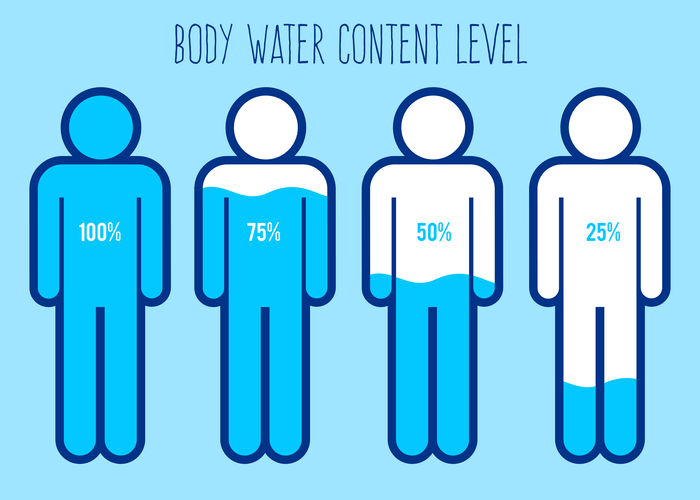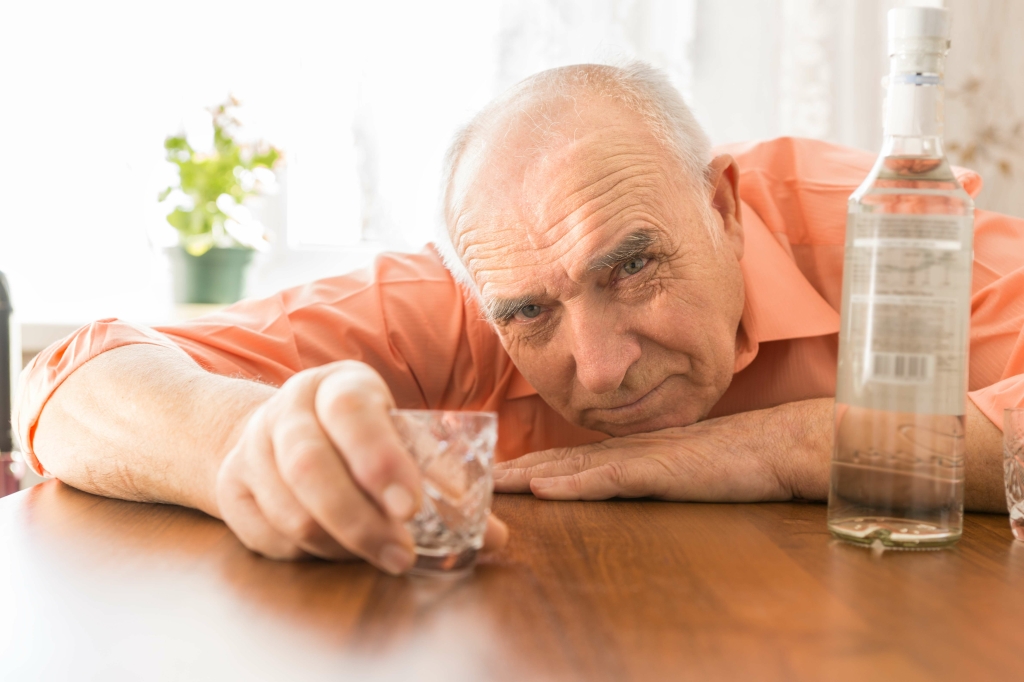Regardless of the type of support system, it’s helpful to get involved in at least one when getting sober. Sober communities can help someone struggling with alcohol addiction deal with the challenges of sobriety in day-to-day life. Sober communities can also share relatable experiences and offer new, healthy friendships. And these communities make the person with an alcohol addiction accountable and provide a place to turn to if there is a relapse.
Five jailed after cannabis growing network found
- Some people drink heavily all day, while others binge drink and then stay sober for a while.
- Studies show that people who are alcohol dependent are two to three times as likely to suffer from major depression or anxiety over their lifetime.
- (A “drink” means 1.5 ounces of spirits, 5 ounces of wine, or 12 ounces of beer, all of which contain 0.5 ounces of alcohol.
- Seeking professional help can prevent relapse—behavioral therapies can help people develop skills to avoid and overcome triggers, such as stress, that might lead to drinking.
Even after you’ve completed initial treatment, ongoing treatment and support can help prevent a relapse. Follow-up care can include periodic appointments with your counselor, continuing in a self-help program or attending a regular group session. Additionally, medications are used to help people detoxify from drugs, although https://businesstribuneonline.com/top-5-advantages-of-staying-in-a-sober-living-house/ detoxification is not the same as treatment and is not sufficient to help a person recover. Detoxification alone without subsequent treatment generally leads to resumption of drug use. To learn more about alcohol treatment options and search for quality care near you, please visit the NIAAA Alcohol Treatment Navigator.

When Is It Time for Treatment?
If you have any of these symptoms, your drinking may already be a cause for concern. A health professional can conduct a formal assessment Top 5 Advantages of Staying in a Sober Living House of your symptoms to see if AUD is present. For an online assessment of your drinking pattern, go to RethinkingDrinking.niaaa.nih.gov.

Risk factors

When someone has a SUD and another mental health disorder, it is usually better to treat them at the same time rather than separately. People who need help for a SUD and other mental disorders should see a health care provider for each disorder. After discussion with you, your health care provider may recommend medicine as part of your treatment for opioid addiction. Medicines don’t cure your opioid addiction, but they can help in your recovery. These medicines can reduce your craving for opioids and may help you avoid relapse. Medicine treatment options for opioid addiction may include buprenorphine, methadone, naltrexone, and a combination of buprenorphine and naloxone.
- The drug is now legal for recreational use in 24 states and Washington, D.C., and for medical use in 38 states and D.C.
- Individuals are advised to talk to their doctors about the best form of primary treatment.
- This study makes it more likely long-acting opioid antagonists may be considered rather than opioid maintenance.
- KFF maintains full editorial control over all of its policy analysis, polling, and journalism activities.
- Research shows that combining addiction treatment medicines with behavioral therapy ensures the best chance of success for most patients.
- Two groups of synthetic drugs — synthetic cannabinoids and substituted or synthetic cathinones — are illegal in most states.
- Psychologists who are trained and experienced in treating alcohol problems can be helpful in many ways.
- Learn up-to-date facts and statistics on alcohol consumption and its impact in the United States and globally.
What Increases the Risk for Alcohol Use Disorder?
- An intervention from loved ones can help some people recognize and accept that they need professional help.
- From the patient perspective, limited understanding of what constitutes problematic drinking and attitudes towards seeking treatment can hinder recognition of the need for help.
- Behavioral treatments are aimed at changing drinking behavior through counseling.
- The self-help support group message is that addiction is an ongoing disorder with a danger of relapse.
- A heavy drinking binge may even cause a life-threatening coma or death.
- Contrary to myth, being able to “hold your liquor” means you’re probably more at risk — not less — for alcohol problems.

 Offers free spin
Offers free spin